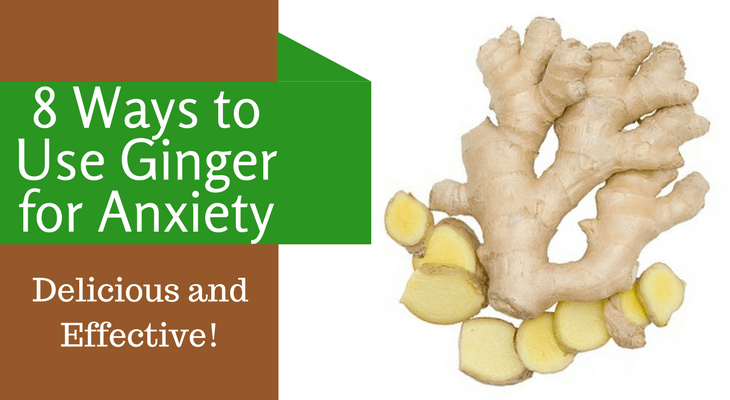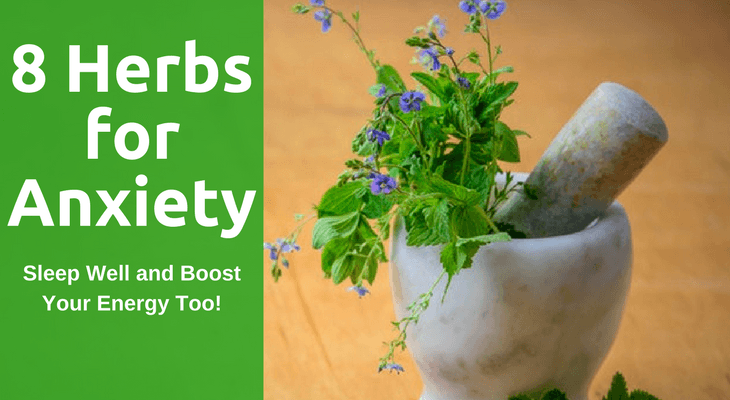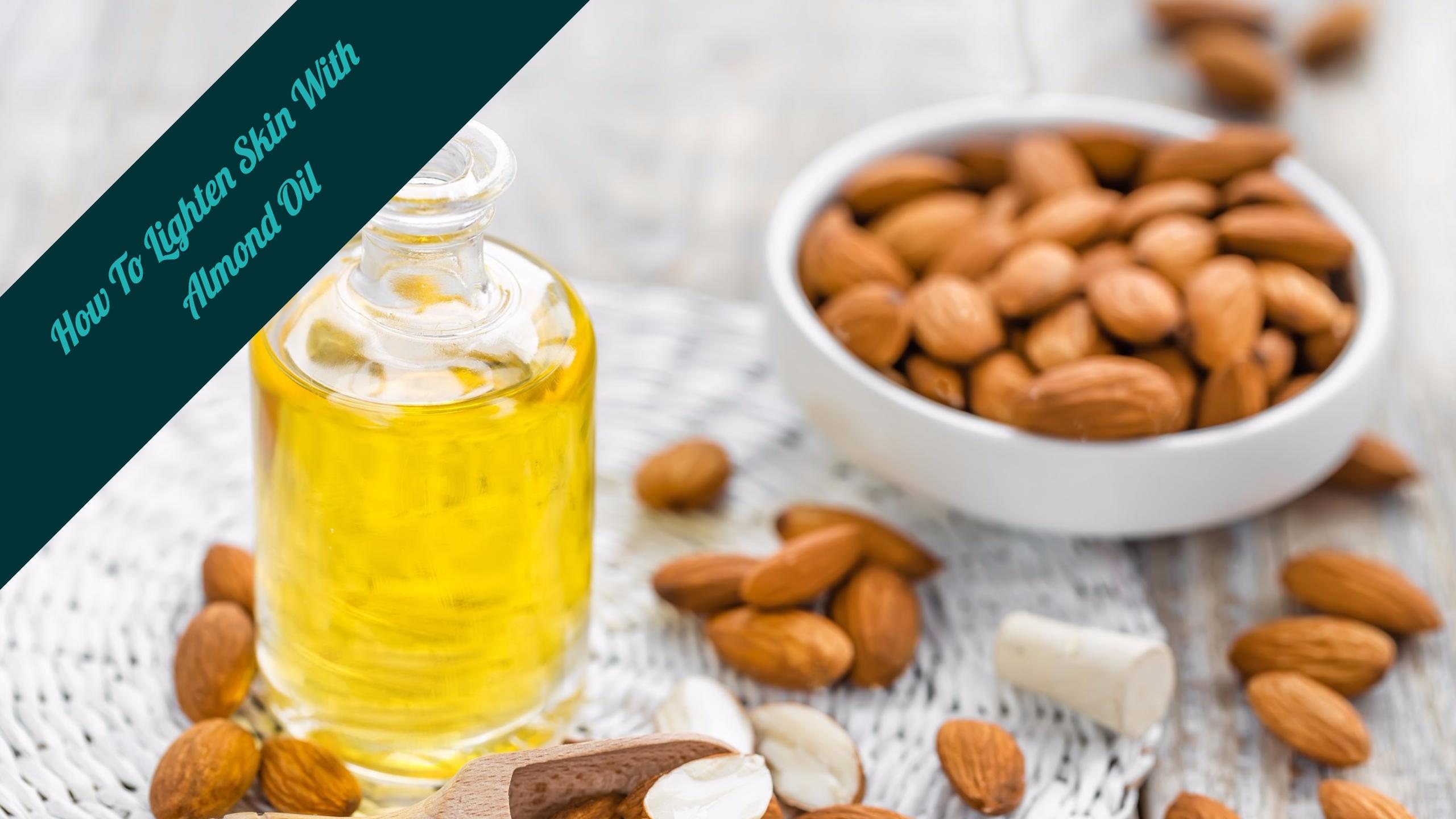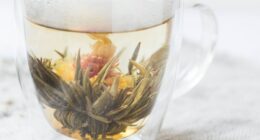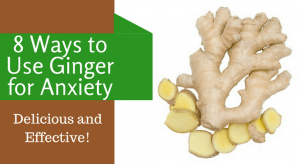 Anxiety is a major problem in today’s society. We are always on the go and have to deal with so many different things on a daily basis at work and at home. Just like us, our smartphones are also always on which only keeps us busy further with emails and FOMO (fear of missing out) every time we go onto a social media platform.
Anxiety is a major problem in today’s society. We are always on the go and have to deal with so many different things on a daily basis at work and at home. Just like us, our smartphones are also always on which only keeps us busy further with emails and FOMO (fear of missing out) every time we go onto a social media platform.
Sadly, it’s not just adults who struggle with anxiety. 25.1% of children aged between 13 and 18 years are also dealing with anxiety (1). We all have things that we worry about. While some anxiety is normal such as if someone you care about has gotten hurt or sick, but constantly feeling anxious all the time or in fairly harmless situations is not normal or healthy.
Symptoms of Anxiety
-
Heart palpitations (racing heart, feeling like your heart wants to beat out of your chest)
-
Feelings of apprehension or fear for what’s to come
-
Sweaty palms
-
Panic attacks (feeling helpless, dizzy, nauseous, shaking, heart palpitations, hyperventilating)
Luckily, along with living a healthy lifestyle and using relaxation techniques like meditation and deep breathing, there is a great remedy that you most likely have in your kitchen and if not, is enough to find at the supermarket. Ginger.
Does Ginger Help With Anxiety?
Though not the spice most commonly recommended or recognized for soothing anxiety, using ginger for anxiety is actually very effective for many people. Here is the science behind it:
-
Ginger reduces anxiety because it has a positive effect on the neurotransmitter (a chemical that sends messages in the nervous system, including the brain) serotonin which helps to regulate your mood. Any time your neurotransmitters are imbalanced you run the risk of anxiety and/or depression.
-
Inflammation is thought to be linked to depression and anxiety (2). Ginger is a potent anti-inflammatory, so much so that it even helps for migraines. Constant stress and anxiety cause headaches in many people due to muscle strain.
-
Inflammation is also caused by constant excretion of cortisol (stress hormone) in the body during chronic stress and frequent bouts of anxiety (3). Inflammation is often responsible for aches and pains, and various other illnesses. Ginger can get rid of these aches and pains and help to prevent illnesses.
-
This study found that high levels of MSG (monosodium glutamate) can interfere with neurotransmitter balance, but that ginger counteracted that effect. MSG is a common food additive found in a wide variety of foods. Always read your food labels and limit or avoid fast food.
-
Anxiety often causes digestive distress. Ginger can soothe and settle the stomach particularly in terms of nausea and vomiting (4).
-
Ginger is also a common ingredient in many remedies for colds and flu. If you are constantly stressed and anxious, your immune system is likely to suffer. Ginger can help to strengthen your immune system and ease your cold and flu symptoms.
How To Use Ginger For Anxiety
Ginger is such a versatile spice that there are many ways to use it. It also comes without the side effects that conventional anxiety and depression medications often have. There is also no danger of ginger becoming addictive unlike conventional anxiety and depression medications.
1. Ginger Tea For Anxiety
Ginger tea is a delicious way to reduce anxiety if you like the flavor of ginger and great for those colder months. Simply add a slice of ginger, or about a teaspoon of grated ginger to hot water and steep it. You can also use ground ginger, but you may want to use a little less, say about half a teaspoon. It depends on how strong you want it.
Ground and grated ginger will steep quicker (5-10 minutes) than sliced ginger (10-20 minutes). You can also find ginger tea bags from many stores and they will usually have brewing instructions on the box. These will often come in different flavors. You may also find a chai tea with ginger in the blend of spices.
You can also add different flavors to your homemade tea. Try the following:
-
Lemon
-
Honey
-
Chili
-
Various fruits
You can sweeten your tea, but keep in mind that though sugar may give you energy in the short term and even improve your mood, it isn’t sustainable. You are better off sweetening your tea with stevia, xylitol, or honey.
With honey, you will still get the sugar you may be craving, but as long as the tea isn’t too hot (heat destroys the helpful enzymes) it has additional benefits like boosting your immune system. Honey is also useful for treating anxiety.
2. Ginger Ale
Another delicious and refreshing drink, ginger ale is great for hot days. Unfortunately, most commercial varieties of ginger ale don’t actually contain ginger, so if you prefer to buy ginger ale, check the ingredients for ginger or its scientific name Zingiber officinale and make sure that the sugar content is low.
You can also make your own ginger ale (5):
Ingredients:
-
Club soda or sparkling water
-
Finely minced ginger (the amount will depend on your taste, around a half a teaspoon per 6 fluid ounces of club soda is usually a good ratio.)
-
Stevia, honey, or xylitol to sweeten it (optional)
Method:
-
In a jug, mix the ginger and sweetener together to form a paste
-
Add the club soda a little at a time, continuously stirring.
That’s it. Pour yourself a glass, add some ice if you like, and relax.
3. Ginger Beer
A couple of decades ago this would have been an alcoholic drink, these days ginger beer generally has an alcohol content of around 0.5% making it a non-alcoholic drink (6). Once again, be sure to check that the ginger beer you buy actually contains ginger as there are a lot of fake ginger beers out there.
4. Ginger Lozenges
Many health stores will stock these as ginger is used often to ease sore throats. If you don’t like drinking ginger, perhaps a lozenge is more your thing. Once again, watch the sugar content.
5. Ginger With Lemon and Honey
This is not only a great combination as a cold and flu remedy, but as a natural anxiety remedy too. This remedy has been used in India for a long time to aid digestion, lower blood pressure, and soothe anxiety (7).
Mix the following together:
-
1 teaspoon of ground ginger (you can also use fresh grated or minced ginger)
-
1 teaspoon of lemon juice
-
Half a teaspoon of honey
You can take this remedy up to 3 times a day.
6. Cook With Ginger
There are so many different dishes in many different types of cuisine that use ginger. Some of the most popular are Thai and Chinese dishes. If you eat sushi (salmon contains omega 3 which is essential for brain health and can help to treat and prevent anxiety and depression) you will notice some pink stuff on the side.
That would be pickled ginger. It’s pink because they dye it. This makes it the not so healthy option, but if need be, you can eat it. Ginger is great in stir-fries, curries, and roasts. Adding ginger to your food is great because you can still reap the benefits but because of the food, the flavor compliments the dish rather than being the strongest or only flavor.
This is a great option for those who don’t like to drink or directly eat ginger.
7. Bake With Ginger
Ginger can also be used to make treats. While you shouldn’t be eating treats every day, every once in a while is fine. You can make gingerbread, ginger biscuits, ginger pudding, or use it as a complimenting ingredient in other baked goods and puddings.
8. Ginger Supplements
Though there is no need to use supplements when you can easily include ginger in your diet naturally, these are an option if you really don’t like to use ginger in food or beverages. Some herbal remedies for anxiety often contain ginger along with other helpful herbs.
Tips and Precautions When Using Ginger
-
Fresh and dried ginger retain different components. So you may want to try both to see which you find more helpful.
-
The flavor of dried ginger is more potent than fresh ginger.
-
Ginger in medicinal quantities can interact with medication, particularly diabetes medication, blood thinners, and medications like anti-inflammatories that have a blood thinning effect (8).
-
If you have a bad heart or bleeding disorder, speak to your doctor before using ginger medicinally (9).
-
Stick to lower doses of ginger if you are pregnant. Ginger may not be suitable during breastfeeding, first check with your doctor (9).
-
If your anxiety is interfering with your life, it’s best to see someone. It can be helpful to speak to someone about your fears. Counselors and therapists are also trained to help you deal with your anxiety. This doesn’t necessarily mean medication, there are other ways to relieve anxiety like cognitive behavior therapy (CBT) which changes the way you think.
Don’t want to use ginger? Check out these simple remedies.
Please let us know if you found these remedies helpful and which is your favorite. If you have overcome anxiety, we would love to hear from you. Please share your story with us.
